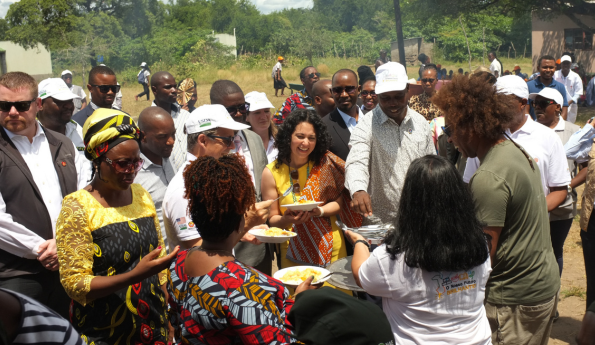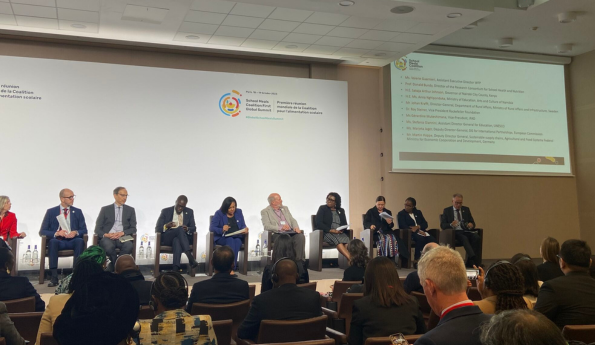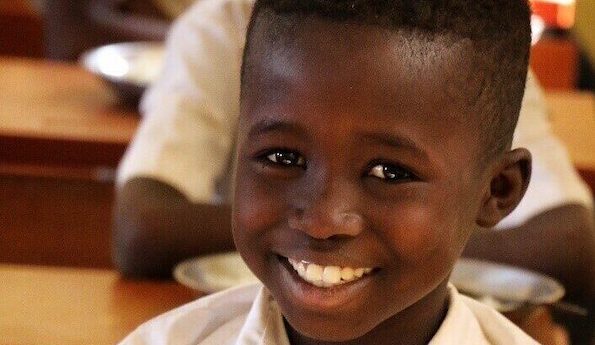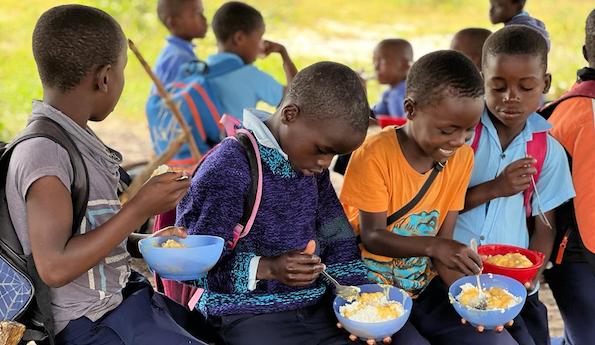This is part of a series of occasional dispatches by staff on issues related to our work.
Deborah Niyongabo is a monitoring, evaluation, and learning officer at Counterpart. She recently traveled to Florida to attend the Comparative & International Education Society’s conference. Here she lays out three key takeaways. The opinions expressed in this blog are the author’s and do not express the views or opinions of Counterpart.
Despite the conference theme of “The Power of Protest,” the call for inclusion in school feeding programs was clear at this year’s Comparative & International Education Society’s 2024 conference, held in Miami, Florida, March 10-14. The conference draws thousands of attendees representing NGOs, national governments, universities, research institutions, students, and education professionals from around the world, providing a platform for information exchange and knowledge sharing. Sessions focused on early grade reading, the inclusion of students with disabilities, the use of local languages, and the improvement of nutrition through school feeding to scale up literacy, to name a few.
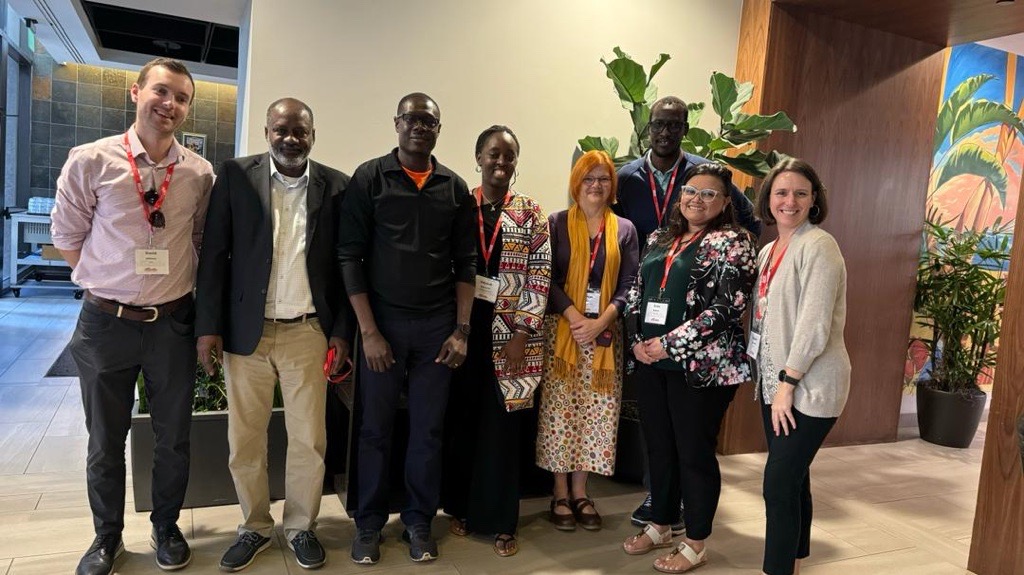
The Counterpart delegation, Hyppolite Dossou-Yovo, communications and advocacy specialist, Deborah Niyongabo, monitoring, evaluation, and learning officer, Senegal chief of party Kathryn Lane, deputy chief of party Abdoul Wane, and MEL director Laurent Kopi Lopeta Kyango (not pictured) joined USDA representatives David Williams, Erika Beltran, and Eleanor Morefield, and Ba Diadié, chargé de mission to the Mauritanian minister of National Education and the Reform of the Education System, at the CIES conference in Miami.
Learning In Their Native Languages
The importance of using local languages at early stages in school and the inclusion of students with disabilities were two popular topics that also reflect the experience of our project teams. In a case study from Nigeria, for example, a team identified nine local languages to use in early grade levels. With the use of the mother tongue, there was a decrease in students’ absenteeism. In Senegal, the use of local languages in education has been important, according to the country’s director of elementary education. Ndeye Abi Ndaw Cisse said that the government prioritizes the harmonized model of bilingual education, a framework that is “a unifying melting pot of all the interventions that Senegal has had to experience in terms of bilingual education …” While French is Senegal’s official language, the framework is inclusive of the indigenous languages of Senegal.
“Research–national and international evidence–has shown that when children learn in a language they understand, academic performance improves,” Cisse stated. He cited the evidence as the basis for the country’s use of its own national languages.
Including Children With Different Abilities
A session on the inclusion of students with disabilities focused on providing technology that is accessible to people with disabilities. More schools are using electronic devices such as iPads and tablets for learning, but children with vision impairments may experience difficulties. It is crucial that digital devices and online learning tools are accessible to all students. Providing wheelchairs, hearing aids, and accessible technology increases school attendance and retention.
The Future of School Feeding Programs
The last takeaway from the conference centers on the sustainability of school feeding initiatives to ensure they can continue beyond a program’s end date. The McGovern-Dole projects aim to transition the school feeding programs to the government upon completion. Kenya is a model for the implementation of nationalized school feeding. Since 2018, the Kenyan government fully operates a school feeding program started by the World Food Programme known as the Home Grown School Feeding program. Counterpart implements McGovern-Dole projects in Mauritania, Mozambique, and Senegal. It strives to reach similar success in those countries so all children are guaranteed a nutritious meal.



